In 1879, a Ponca chief, Standing Bear, captured the popular imagination when he left the reservation in Oklahoma in order to bury the bones of his son in traditional Ponca land. Standing Bear and his people were arrested, and in a trial, Standing Bear versus Crook, was released. Following the Standing Bear versus Crook decision, newspaper editor Henry Tibbles arranged a six-month lecture tour of eastern cities for Standing Bear. In the lecture tour, Henry Tibbles would speak first, and tell what had induced him to take up the cause of the Ponca and Omaha. He would then introduce Standing Bear whose words would be translated by Bright Eyes. Standing Bear would tell a simple story of the inhumane treatment suffered by his peaceful tribe. Finally, Bright Eyes would address the audience. In Boston, Standing Bear’s lecture was attended by Helen Hunt Jackson, Senator Henry Dawes, Henry Wadsworth Longfellow, and other notables.
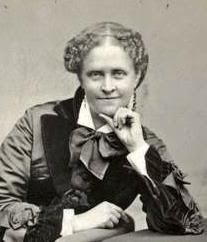
For Helen Hunt Jackson, the wife of a wealthy banker and railroad executive, Standing Bear’s speech was a pivotal point in her life. From this time until her death in 1885 she devoted her life to writing about Indians and advocating for their rights.
As an outgrowth of public sentiment about the forced removal of the Ponca from their homelands, the Boston Indian Citizenship Association was formed by Massachusetts Governor John D. Long, Helen Hunt Jackson, and Senator Henry L. Dawes. The new association sought long term solutions based upon the recognition of treaty rights and citizenship.
In 1881, Helen Hunt Jackson wrote A Century of Dishonor. The book detailed the plight of the Indian people and criticized government treatment of the Indians. The book provided a legal brief on Indian land rights, followed by seven tribal histories and a chapter on the massacre of Indians. She wrote:
“The history of the United States Government’s repeated violations of faith with the Indians thus convicts us, as a nation, not only of having outraged the principles of justice, which are the basis of international law; and of having laid ourselves open to the accusations of both cruelty and perfidy; but of having made ourselves liable to all punishments which follow upon such sins-to arbitrary punishment at the hands of any civilized nation who might see fit to call us to account, and to that more certain natural punishment which, sooner or later, as surely comes from evil-doing as harvests come from sown seed.”
The tribal histories include The Delawares, The Cheyennes, The Nez Percés, The Sioux, The Poncas, The Winnebagoes, and The Cherokees.
In her conclusion, she wrote:
“It makes little difference, however, where one opens the record of the history of the Indians; every page and every year has its dark stain. The story of one tribe is the story of all, varied only by differences and time and place; but neither time nor place makes any difference in the main fact.”
A copy of the book was sent to every Congressman. Her hope was to awaken the conscience of Congress and the American people with the story of the government’s mistreatment of the Indians. While the book gained some readership, both Congress and the general public were less than enthusiastic about it.
For her next project, Helen Hunt Jackson went to southern California where she did an in-depth study of the plight of the Mission Indians. Her 56-page report was completed in 1883 and submitted to the Commissioner of Indian Affairs. The report recommended that existing reservations be resurveyed and properly marked and that non-Indian squatters be removed. The report also recommended that a law firm be hired to serve as special attorneys in cases involving the Mission Indians. While a bill embodying her recommendations passed the Senate, it died in the House.
In order to reach a wider audience, Helen Hunt Jackson decided to write a novel. Working in a New York hotel room, she completed the work in about three months. Her historical novel Ramona was published in 1884. The book was intended to do for California Indians what Uncle Tom’s Cabin did for the slavery issue. The book reached a wide audience-15,000 copies were sold in the first ten months-and gained some critical acclaim. The novel has had more than 300 printings and has been made into four movies.
Encouraged by the success of Ramona, she planned to write a children’s story about Indian issues. However, she died in 1885 before she could complete it.
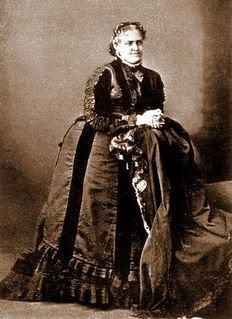

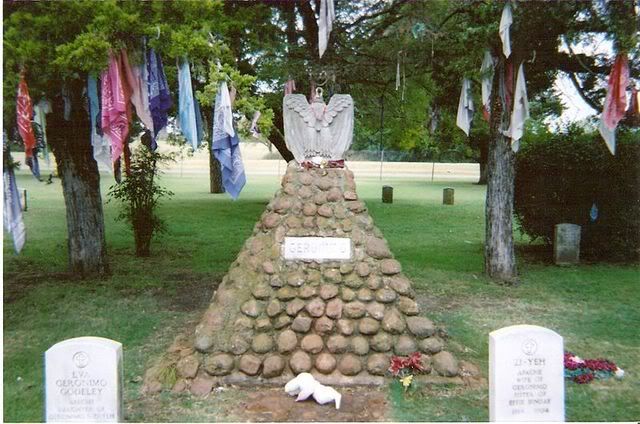
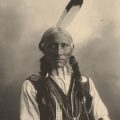
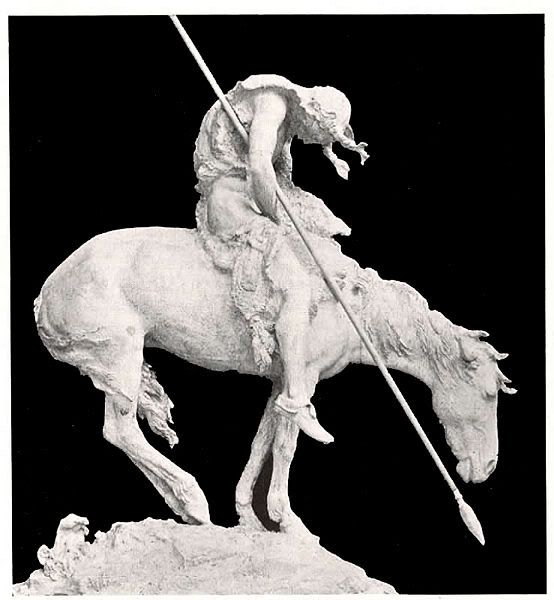
Leave a Reply